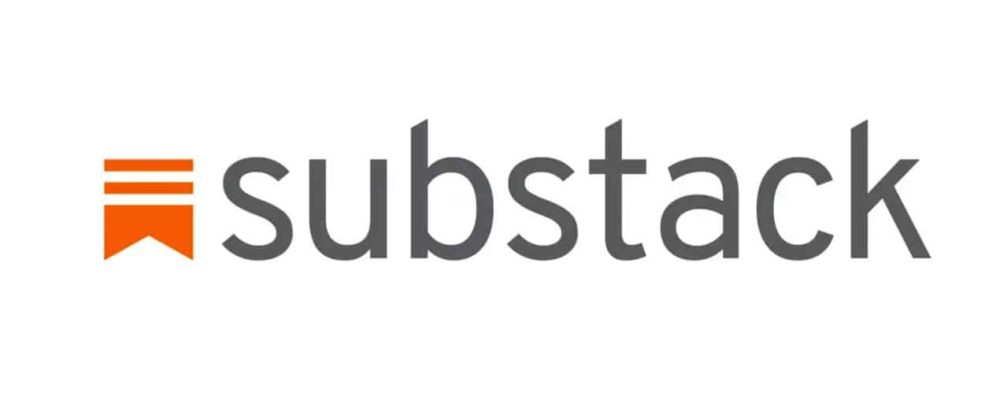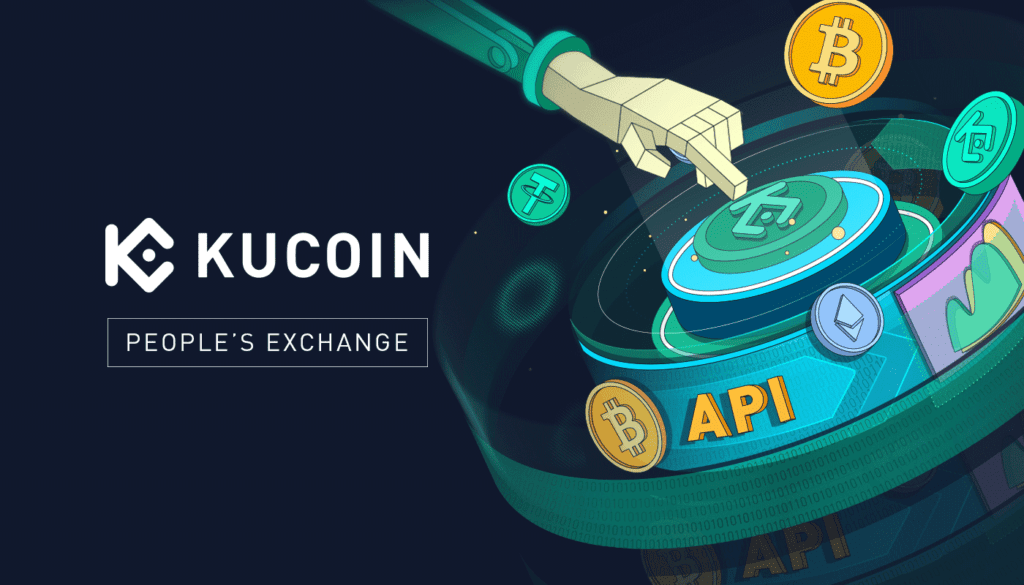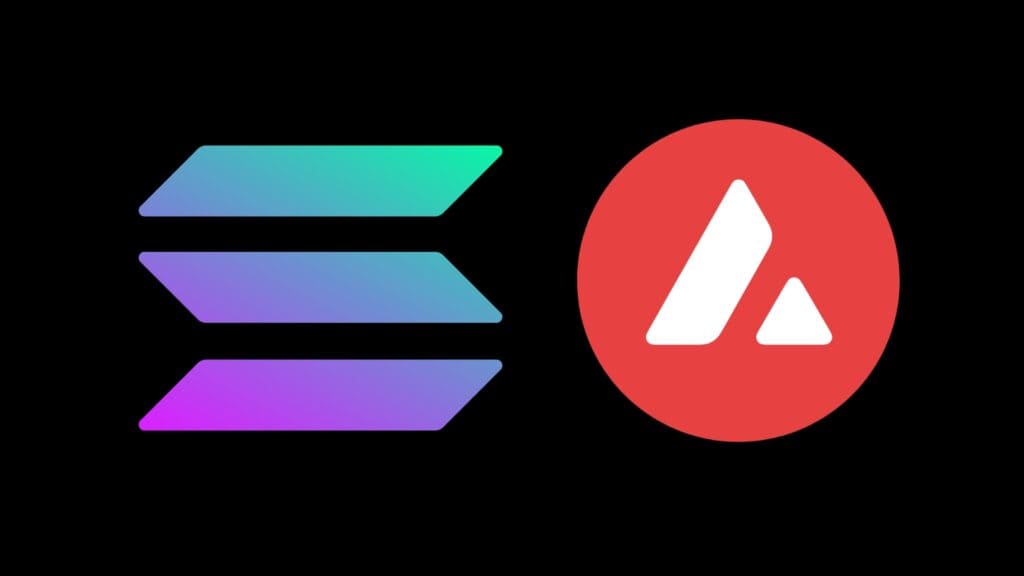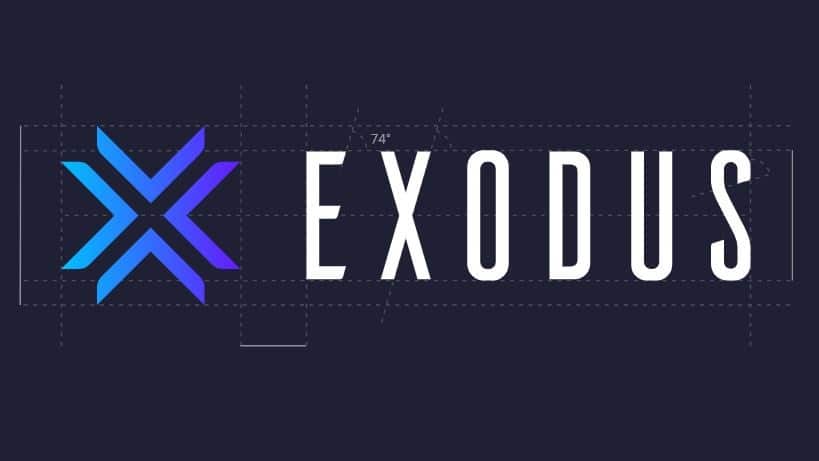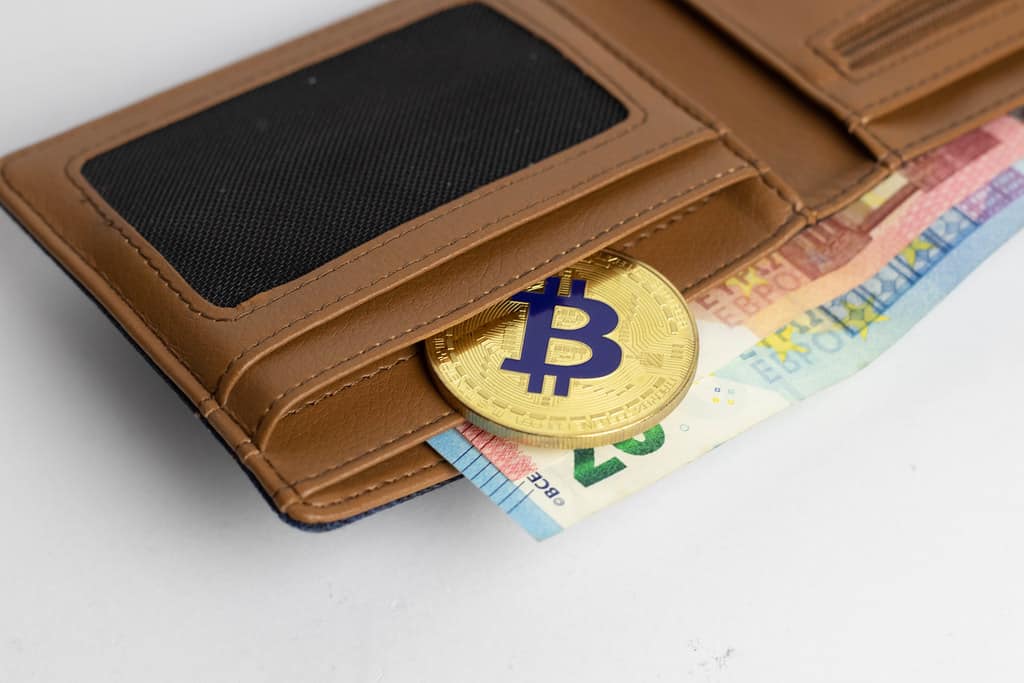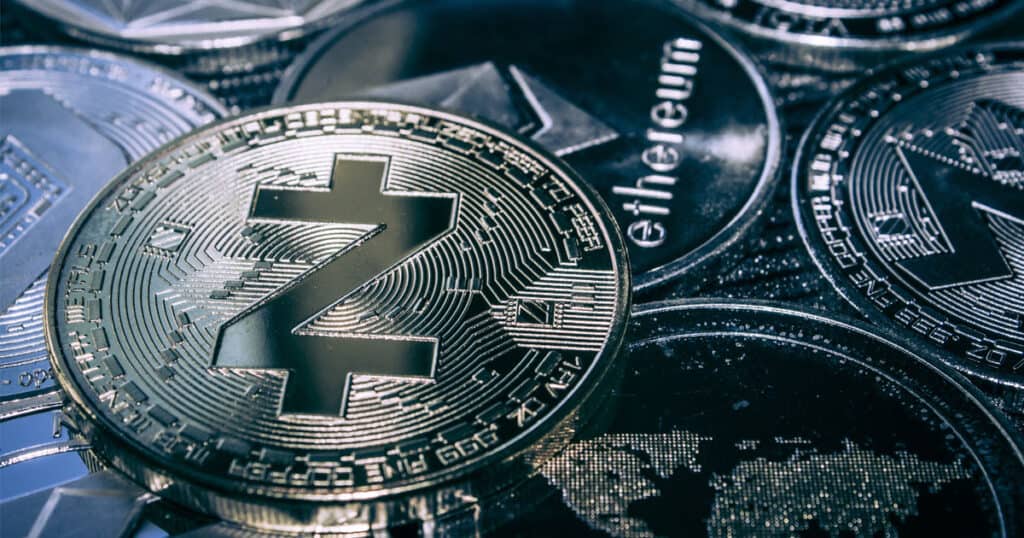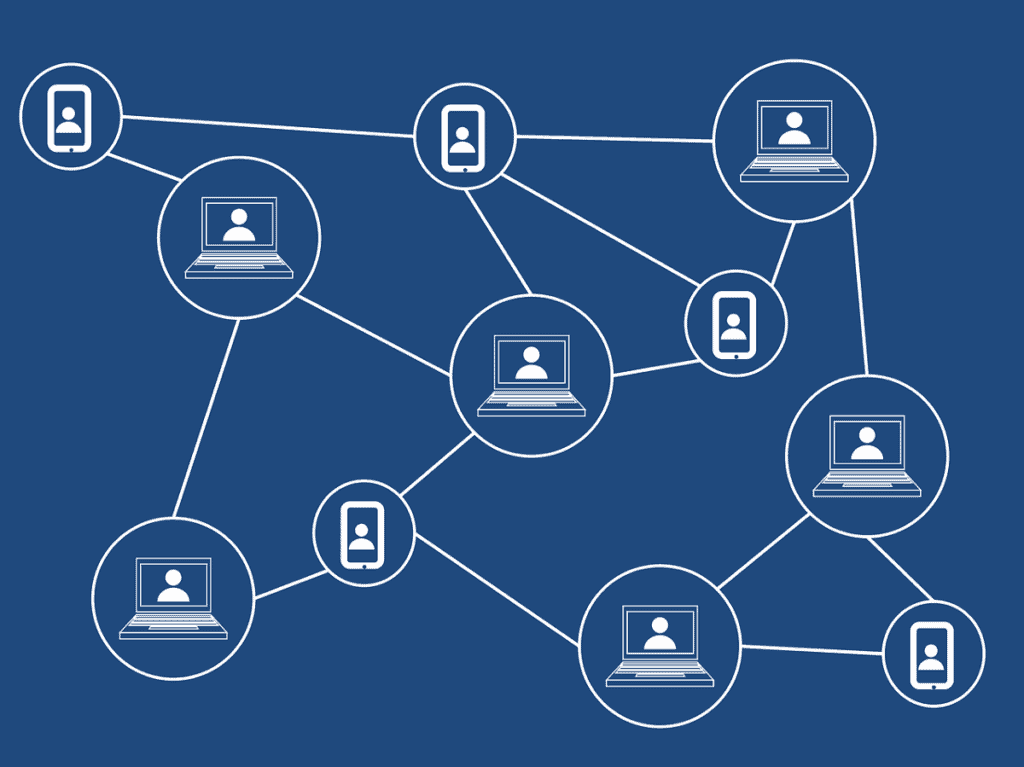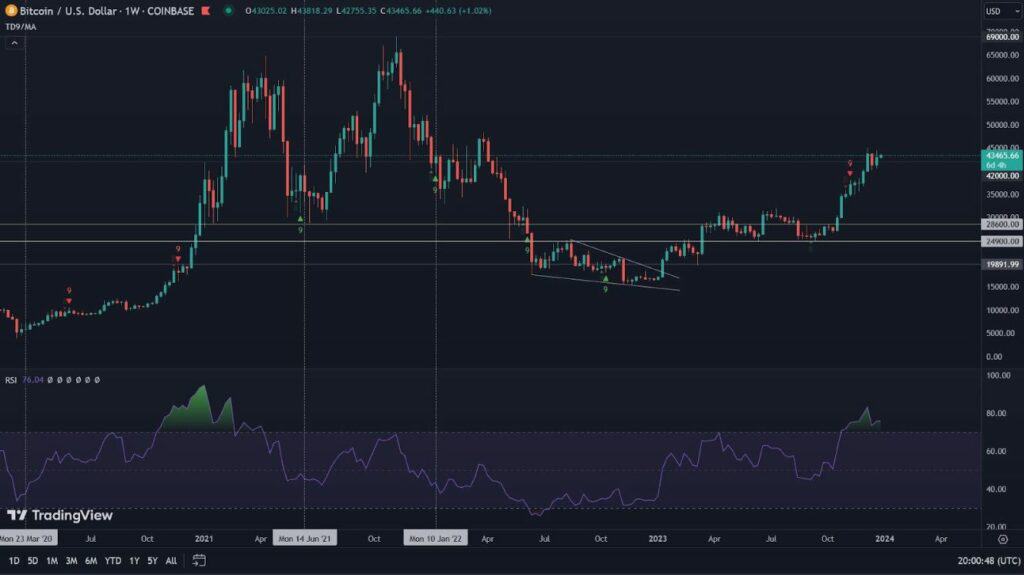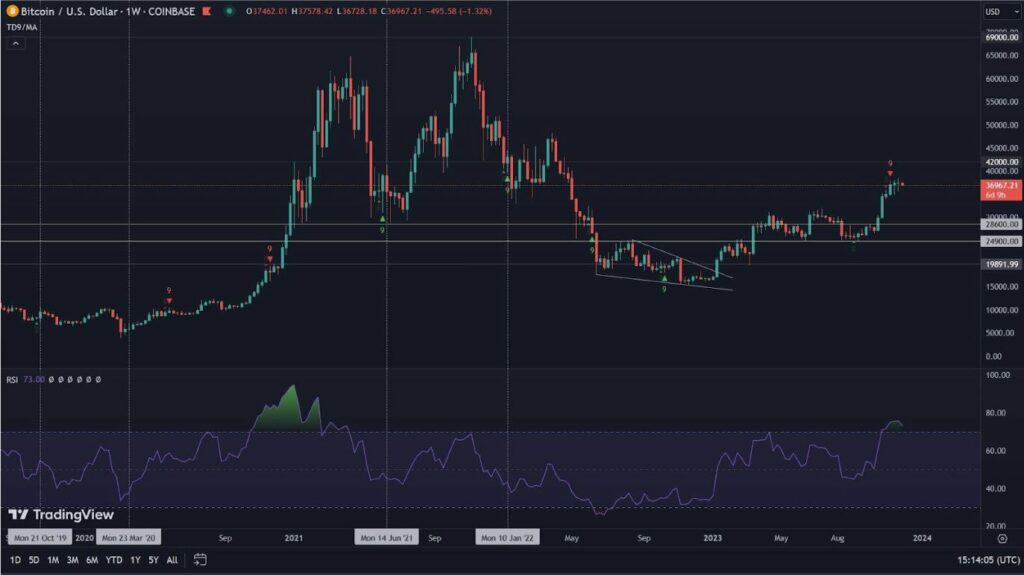Another innovative startup is entering the cryptocurrency industry. This time, the publication platform Substack announces the acceptance of crypto payments, with the support of a second layer.
What is Substack?
Substack is a publishing platform that is gaining popularity. It was founded in 2017 and provides a base for independent publishers and their readers. It boasts over 500,000 paid subscriptions, which as of now can be paid with Bitcoin. The project already showed great potential from the beginning. For this reason, Andreessen Horowitz, Fifty Years and Y Combinator invested in it.
Initially, the ability to pay in BTC will be based solely on cryptocurrency-related content, but the plan is to expand to include the entire set of available publications. Substack has become a place where many personalities from the crypto world publish their analyses and observations. Among them are popular analyst Willy Woo and Kraken exchange director Dan Held. The merger of Substack with Bitcoin therefore seems an obvious continuation of this direction.
OpenNode support
The option to allow payments in Bitcoin will work thanks to an API integration with payment processor OpenNode. Nick Inzucchi, responsible for product development at Substack commented as follows:
“We are excited to partner with OpenNode to enable independent publishers at Substack to accept cryptocurrency payments. Having this option will give writers more flexibility and freedom, and we look forward to implementing crypto even more to meet the needs of writers.”
In turn, OpenNode co-founder Joao Almeida sums up the partnership as follows: “Our partnership will allow creators in the Substack ecosystem to accept payments in Bitcoin and keep them or convert them to their preferred currency. Writers and podcasters have joined Substack to reclaim creative and financial freedom, and Bitcoin is their natural choice.”
These words fully illustrate the idea behind the said integration.
Why this news matters a lot for the industry
More and more companies are looking towards cryptocurrencies as a potential payment method. Especially those operating online, a space that is a natural environment for Bitcoin. However, payment solutions in the first tier of the crypto king, do not meet widespread expectations, and thus are not used very often. Because of this, we more often hear about Bitcoin as a store of value, comparable to gold, rather than the payment method it was created for. With help comes the Lightning Network, which is the second layer of cryptocurrency. It increases the number of possible transactions on the BTC network from seven per second, to up to one million. The processing of transactions is also much faster. The first layer requires mining a block, which is acquired every ten minutes, while the second layer confirms transactions instantly and for negligible fees. With Lightning Network, payments in Bitcoin make sense, and that means increasing the possibilities and consequently the range of applications for BTC.

